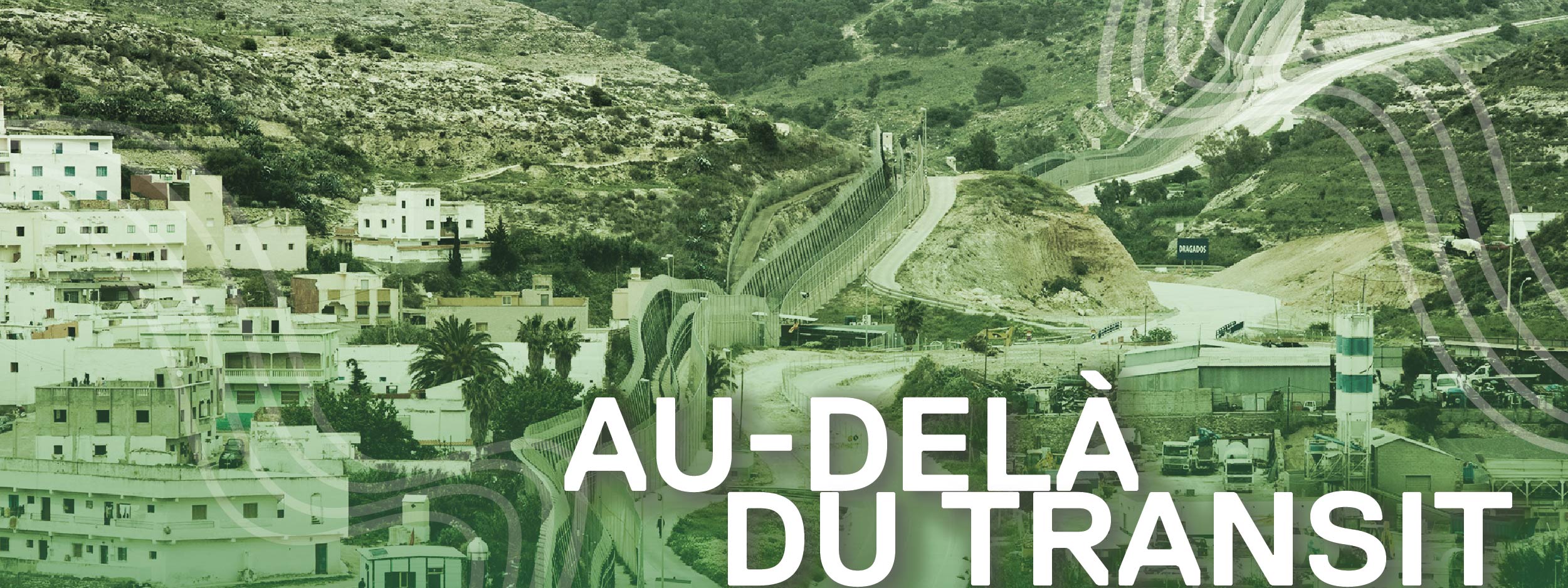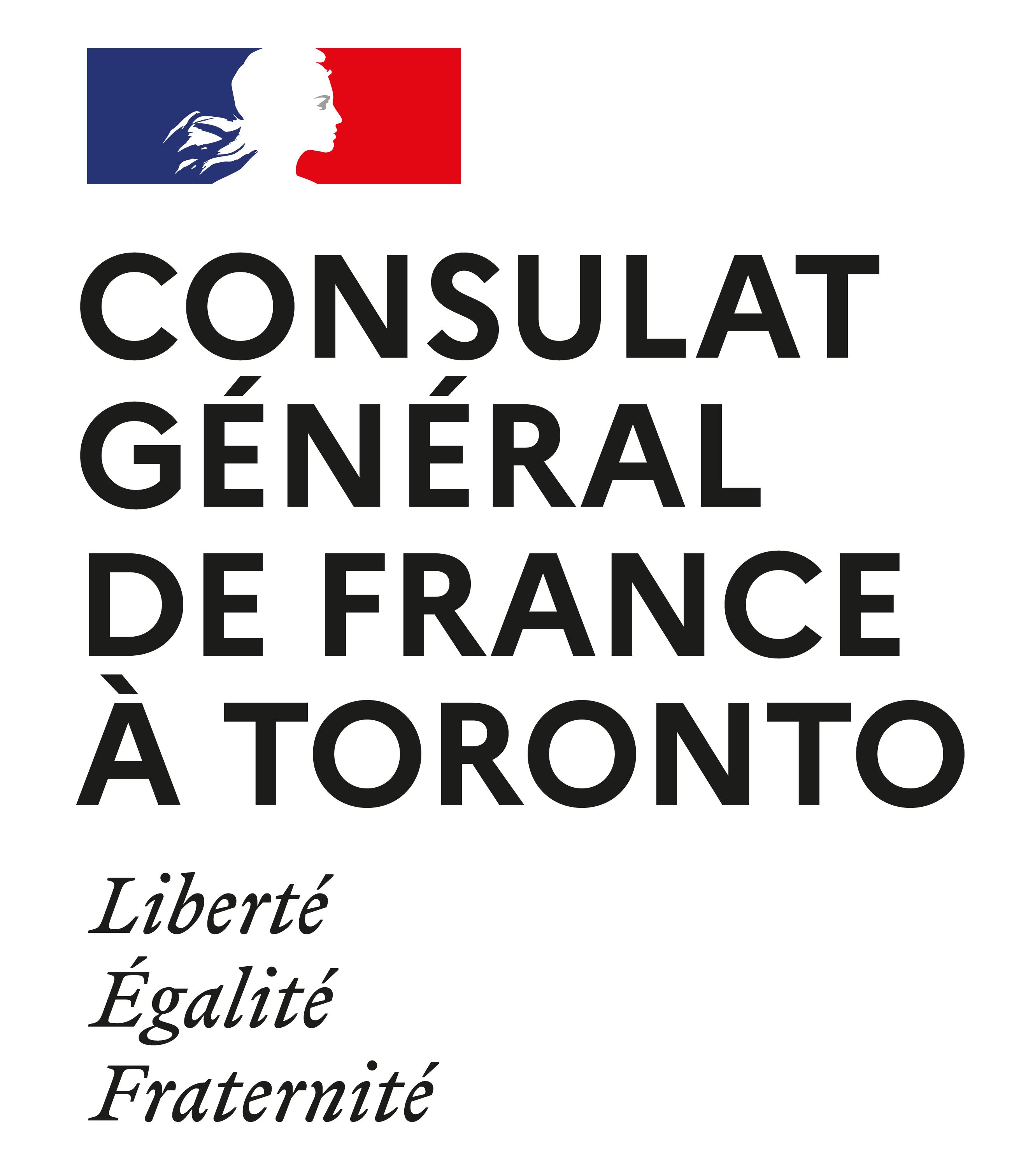Au-delà du transit : repenser les temps et les espaces de la migration à l'ère des trajectoires complexes
- Date
- March 07, 2024
- Time
- 9:30 AM EST - 5:00 PM EST
- Location
- Hybrid (In person at CERC Migration office / online via Zoom)

Journée d’étude francophone de Chaire d’Excellence du Canada en Migration et Intégration à l’Université Métropolitaine de Toronto
Comité d’organisation: Younes Ahouga, Amin Moghadam, Jérémie Molho, and Anna Triandafyllidou, CERC Migration
La mondialisation et les évolutions des régimes de gouvernance des migrations ont entrainé une complexification des trajectoires migratoires. Au-delà d’une trajectoire linéaire entre un pays d'origine et un pays de destination, les parcours migratoires intègrent désormais plusieurs espaces de transit et des destinations variées. S’inscrivant sur une temporalité de long terme, elles sont constituées de d’allers-retours, de nouveaux départs, de séjours prolongés, d’installations temporaires. Ces trajectoires migratoires complexes remettent en question le paradigme traditionnel qui se limitait à une vision binaire origine-destination. Ce faisant, elles mettent à l’épreuve les outils conceptuels et méthodes pour rendre compte des processus migratoires, ainsi que les politiques publiques de gestion de la migration et de l’intégration.
Dans ce contexte, la Chaire d’Excellence de Recherche du Canada en Migration et Intégration (CERC) en partenariat avec le Consulat de France (external link) , organise une journée d'étude francophone le 7 mars 2024 afin de repenser les temps et les espaces de la migration à l'ère des trajectoires complexes. L'objectif de cet événement est de mettre à l'épreuve la notion de transit et d'explorer les différents espaces qui composent les parcours migratoires complexes. Il s'agira de rendre compte de cette nouvelle réalité migratoire en problématisant les territoires de transit et en examinant leur influence sur les trajectoires migratoires. Les territoires de transit ne sont plus seulement des espaces intermédiaires entre un point de départ et un point d'arrivée. Ils deviennent souvent des lieux de séjour prolongé, de création de liens et de négociation d'identités plurielles.
Deux mutations majeures appellent à repenser la notion de transit. Tout d'abord, les frontières matérielles et symboliques ne se limitent plus à des lignes hermétiques, mais prennent des formes variées. Les accords de coopération internationaux avec les pays de transit, et les multiples efforts déployés pour restreindre les flux migratoires sont à l’origine de la formation de territoires de l’attente. D’autre part, les nouvelles formes de mobilité, résultant de la digitalisation et de la mondialisation, sont caractérisées par leur non-linéarité et leur réticularité, ce qui remet en question la notion de transit.
La journée d'étude offrira l'occasion d'explorer les enjeux conceptuels, terminologiques, empiriques et méthodologiques liés à la migration à l'ère des trajectoires complexes. Elle favorisera également les échanges entre les littératures scientifiques francophones et anglophones en études migratoires, afin de promouvoir une approche interdisciplinaire et comparative.
| PROGRAMME | |
|---|---|
| 9h30 – 10h00 | Accueil des participants et café |
| 10h00 – 10h15 | Introduction de journée d’étude, Anna Triandafyllidou et Jérémie Molho, CERC Migration, Université Métropolitaine de Toronto |
| 10h15 – 12h15 | Panel 1 – Repenser les espaces de transit Modérateur et discutant : Younes Ahouga, CERC Migration, Toronto Metropolitan University
|
| 12h15 – 13h15 | Déjeuner |
| 13h15 – 15h30 | Panel 2 – Temporalités et trajectoires migratoires complexes Modératrice et discutante: Linda Cardinal, Université de l’Ontario français
|
| 15h30 – 16h | Pause-café & visite de l’exposition Transit cartographies, Parallel Routes: Ghazel & Mamadollah's story (The Innovative Studio at The Creative School, 110 Bond Street, Toronto) |
| 16h – 17h | Conversation avec l’artiste Ghazel (The Innovative Studio at The Creative School, 110 Bond Street)
|

Francophone workshop hosted by the Canada Excellence Chair in Migration and Integration at Toronto Metropolitan University
Organizing committee: Younes Ahouga, Amin Moghadam, Jérémie Molho, and Anna Triandafyllidou, CERC Migration
Globalization and changes in migration governance regimes have led to more complex migration trajectories. Beyond a linear trajectory between a country of origin and a country of destination, migratory journeys now include several transit spaces and varied destinations. Part of a long-term temporality, they are made up of returns, new departures, extended stays, and temporary installations. These complex trajectories challenge the traditional paradigm which was limited to a binary origin-destination vision. Thereby, they raise new questions regarding the tools and methods for accounting for migratory processes, as well as public policies for managing migration and integration.
In this context, the Canada Excellence Research Chair in Migration and Integration (CERC), in partnership with the Consulate General of France in Toronto (external link) , is organizing a one-day workshop on March 7, 2024 in order to rethink the times and spaces of migration in the era of complex trajectories. The workshop will be take place in French with simultaneous translation to English provided. The workshop's objective is to test the notion of transit and explore the different spaces that make up complex migration journeys. The aim will be to examine the new reality of migration by exploring transit spaces and their influence on migration trajectories. Transit territories are no longer just intermediate spaces between a starting point and an arrival point. They often become places of extended stay, creation of social ties and negotiation of plural identities.
Two major changes call for rethinking the notion of transit. First of all, material and symbolic boundaries are no longer limited to hermetic lines, but take varied forms. International cooperation agreements with transit countries, and the multiple efforts deployed to restrict migratory flows are at the origin of the formation of ‘territories of waiting’. On the other hand, new forms of mobility, resulting from digitalization and globalization, are characterized by non-linearity and reticularity, which calls into question the notion of transit.
The workshop will provide the opportunity to explore the concepts, terms, and empirical and methodological issues linked to migration in the era of complex trajectories. It will also promote exchanges between French-speaking and English-speaking scientific literatures in migration studies in order to promote an interdisciplinary and comparative approach.
| PROGRAM | |
|---|---|
| 9:30 – 10 AM EST | Welcome and coffee |
| 10 - 10:15 AM EST | Introduction of the workshop, Anna Triandafyllidou and Jérémie Molho, CERC Migration, TMU |
| 10:15 AM - 12:15 PM EST | Panel 1 – Rethinking Transit Spaces Chair: Younes Ahouga, CERC Migration, TMU
|
| 12:15 - 1:15 PM EST | Lunch |
| 1:15 - 3:30 PM EST | Panel 2 – Complex migration temporalities and trajectories Chair: Linda Cardinal, Université de l’Ontario français
|
| 3:30 - 4 PM EST | Coffee break & visit of the exhibition Parallel Routes: Ghazel & Mamadollah's stories (The Innovative Studio at The Creative School, 110 Bond Street) |
| 4 - 5 PM EST | Conversation with artist Ghazel (The Innovative Studio at The Creative School, 110 Bond Street)
|
Co-convoqué par / Co-convened by

